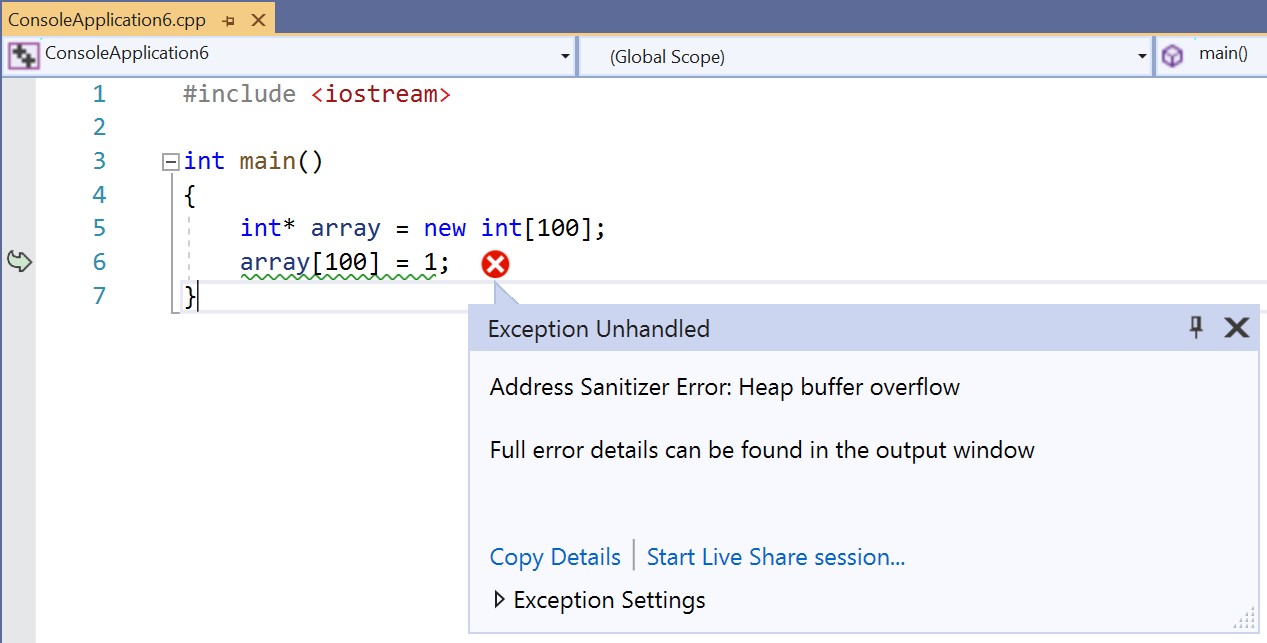Introducing the new ReSharper C++ 2019.3 -- Igor Akhmetov
Welcome ReSharper C++ 2019.3
ReSharper C++ 2019.3: C++20 Concepts, Type Hints, Sorting of #includes, and more
by Igor Akhmetov
From the article:
Please welcome ReSharper C++ 2019.3, our third and final update of this year! Main highlights:
- More sophisticated C++20 support, including Concepts.
- Clang-Tidy updates and more flexible integration.
- A new quick-fix will assist you with adding variables to the lambda capture list.
- New type hints for auto variables, in structured bindings, for function and lambda return types.
- Navigation improvements.
- Sorting of #include directives.
- More templates to generate UE4-specific code, as well as support for UE4’s Smart Pointers.
- Additional project properties.
- Performance enhancements.


 Many things to learn!
Many things to learn!
 Will you try it?
Will you try it?